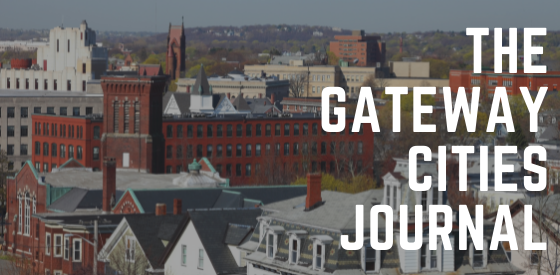Gateway City leaders awoke Monday morning to incredibly disheartening news: The legislature had failed to pass the economic development bill and its long-awaited increase in the Housing Development Incentive Program (HDIP).
Session after session, the omnibus economic development bill has been the primary vehicle for economic policy in Massachusetts. Many interests are now waiting patiently as legislators, fulfilling their responsibility to serve as fiscal stewards, seek to better understand how an overlooked 1980s tax law will impact state revenues.
While there is still hope that the legislature will suspend the rules and reconvene to take up the full economic development package in the fall, a piecemeal approach is also a possibility. If this occurs, legislators will focus on the most time-sensitive provisions, perhaps through a slimmed-down version of the bill or a supplemental budget. To ensure that HDIP moves forward under this scenario, Gateway City leaders must once again demonstrate their steely resolve and draw attention to the benefits a timely increase in HDIP will generate for the entire state.
By our estimates, the HDIP provisions both branches adopted in their respective versions of the economic development bill would generate 12,000 housing units and $4 billion in total investment over the next 10 years. Without HDIP, these projects will not break ground. Even more worrisome, there’s a good chance that developers who made substantial investments to submit applications for this state program will simply sour on it, abandoning all efforts to build residential housing in Gateway Cities for the foreseeable future.
Massachusetts desperately needs these housing units. Governor Baker and his housing and economic development team have long championed the program because they have seen the outsized role it can play in helping the state address a housing crisis caused by decades of underproduction. By offering modest incentives to make projects financially feasible in relatively weak Gateway City housing markets, the state can position these dense urban communities to house tens of thousands more residents in the years to come. This urban infill will help Massachusetts accommodate growth in a manner that is environmentally and fiscally responsible, preserving quality of life for residents throughout the commonwealth.
In our last journal, we celebrated the power of the collective determination of Gateway City leaders. Perhaps it was a bit premature, but we certainly did not exaggerate. Challenges are all too familiar to Gateway City leaders. They will not shy away when the going gets tough. When it comes to battling the state’s housing crisis, they have the grit and resolve to be part of the solution, starting with getting HDIP across the finish line.
